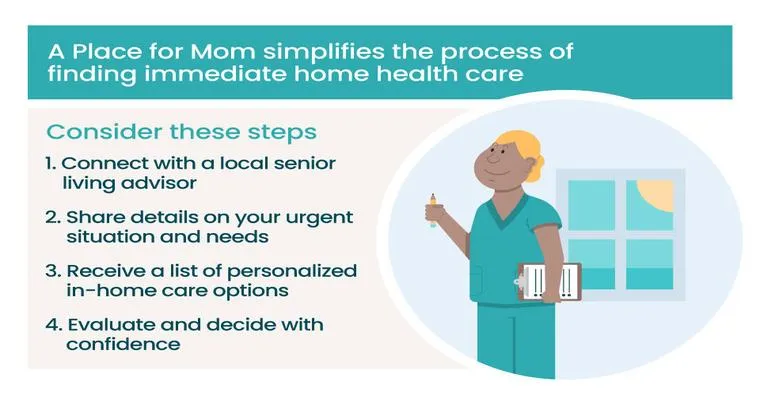Becoming a caregiver for your parent can be both a rewarding and challenging experience. One of the "first steps" in this journey is obtaining a comprehensive "health assessment". Understanding your parent’s current health status is crucial in ensuring they receive the appropriate care and support. This article will guide you through the essential steps in getting a health assessment for your parent, allowing you to provide the best possible care.
Understanding the Importance of a Health Assessment
A "health assessment" is a thorough evaluation of an individual’s physical, mental, and emotional well-being. For new caregivers, this assessment provides a foundation for creating an effective care plan. It allows you to identify any existing medical conditions, potential risks, and specific needs your parent may have. By understanding their health status, you can make informed decisions regarding treatment options, lifestyle changes, and necessary support services.
Steps to Obtain a Health Assessment
1. "Consult with a Primary Care Physician"
The first step in getting a health assessment is to schedule an appointment with your parent’s "primary care physician". This doctor knows your parent’s medical history and can provide valuable insights. During this visit, discuss any concerns you have observed in your parent's behavior or health.
2. "Prepare a List of Questions and Concerns"
Before the appointment, prepare a list of questions and concerns to ensure all relevant issues are addressed. Include any changes in your parent’s physical abilities, mood, or daily functioning. This will help the physician understand your parent’s overall health picture.
3. "Request Comprehensive Testing"
Depending on the initial evaluation, the physician may recommend various tests, such as blood work, imaging studies, or cognitive assessments. Ensure that you understand the purpose of each test and how the results will impact your parent’s care.
4. "Discuss the Results"
Once the assessment is complete and results are available, schedule a follow-up appointment to discuss the findings. Ask the physician to explain any medical terms and how each aspect of the assessment affects your parent’s health. This step is crucial for developing a tailored care plan.
5. "Create a Care Plan"
After reviewing the assessment results, work with healthcare professionals to create a "care plan" that addresses your parent's needs. This plan may include medication management, physical therapy, nutritional guidance, and mental health support. Make sure to involve your parent in this process to understand their preferences and concerns.
Additional Resources for Caregivers
As a new caregiver, it’s important to seek support and resources. Many organizations offer information, support groups, and educational materials for caregivers. These resources can provide guidance on managing your responsibilities and ensuring your parent receives quality care.
Conclusion
Getting a thorough "health assessment" for your parent is one of the most critical first steps for new caregivers. By understanding their health status and needs, you can provide better support and make informed decisions about their care. Remember to communicate openly with healthcare professionals and involve your parent in the process. With the right tools and knowledge, you can navigate the challenges of caregiving successfully.





